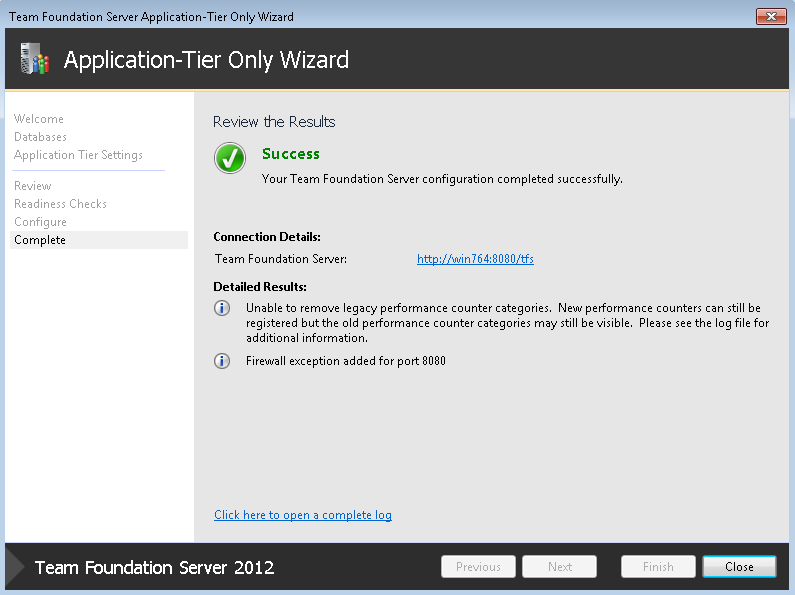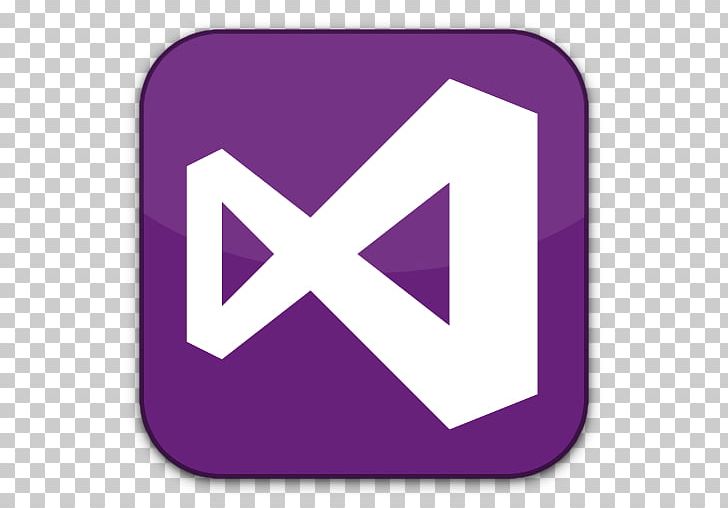

- #MICROSOFT TEAM FOUNDATION SERVER EXPRESS HOW TO#
- #MICROSOFT TEAM FOUNDATION SERVER EXPRESS FULL VERSION#
- #MICROSOFT TEAM FOUNDATION SERVER EXPRESS INSTALL#
If you're not a single developer than forget about TFS Express and SQL Server Express. Twhat's involved in upgrading later, should I decide to go with Express for the time being? I'm to understand that the setup package installs SQL Express on the same machine (Server 2012 R2 in my case), but if I upgrade I'm not going to want a resource-heavy The more details you can refer below links:
#MICROSOFT TEAM FOUNDATION SERVER EXPRESS FULL VERSION#
If you change to use Full version of TFS (TFS Standard), then it is possible, backup SQL Express data at first then restore those date to SQL Standard. If you still keeping use TFS Express, then should impossible, TFS Express only support SQL Express. More details you can check below two articles: Īnd for the question about: update TFS Express (SQL Express) to TFS (SQL Standard) Excludes the TFS Proxy and the new Preemptive analytics add-on. Can only be installed on a single server (no multi-server configurations)Ĥ.
#MICROSOFT TEAM FOUNDATION SERVER EXPRESS INSTALL#
Only supports SQL Server Express Edition (which we’ll install for you, if you don’t have it)ģ. Is limited to no more than 5 named users.Ģ. The difference between Team Foundation Server Stander with Team Foundation Server Express, you can check below list:ġ. During the upgrade will I be able to migrate the data to a different VM (one that I've provisioned for dedicated SQL Standard hosting)? what's involved in upgrading later, should I decide to go with Express for the time being? I'm to understand that the setup package installs SQL Express on the same machine (Server 2012 R2 in my case), but if I upgrade I'm not going to want a resource-heavy What features does the integration provide that I'd miss out on?Īlso. Exactly what kinds of reports will I be missing?

I've never used TFS nor Agile methodologies, so I'm flying a bit blind here.

Thanks, but that just doesn't do it for me. The most I've been able to come up with after much searching is "Some advanced analytics are not supported," or "If these services are not configured, you can access only current status reports." Specifically I'm hoping to learn in painful detail exactly what I'd be giving up in terms of reporting with Express. It’s not exactly clear that you’re trying to add a TFS server when in previous versions of Visual Studio, it had a different interface and terminology.I'm trying to make a decision on which edition to install-Express or Standard. This is how you configure your TFS for Visual Studio 2019.

Once you see the below dialog, you need to click ‘Add Azure DevOps Server’.Īdd in your TFS URL and click Add. The next step is to add an Azure DevOps server, which is your TFS server URL. You do this by clicking View -> Team Explorer and click ‘Connect to Project’. Change this plug-in to ‘Visual Studio Team Foundation Server’.įrom here, you want to connect to your server. The first step you need to do is go to Tools -> Options and you’ll see the below dialog, in the right-hand pane select ‘Source Control’. Visual Studio 2019 defaults the source control to the widely popular Git source control and our requirement was to set our source control to an on-premise TFS.
#MICROSOFT TEAM FOUNDATION SERVER EXPRESS HOW TO#
How to Connect Visual Studio 2019 to Team Foundation Server (TFS)Īs intuitive as you’d expect this to be, it is not and caused myself a bit of frustration setting this up.


 0 kommentar(er)
0 kommentar(er)
